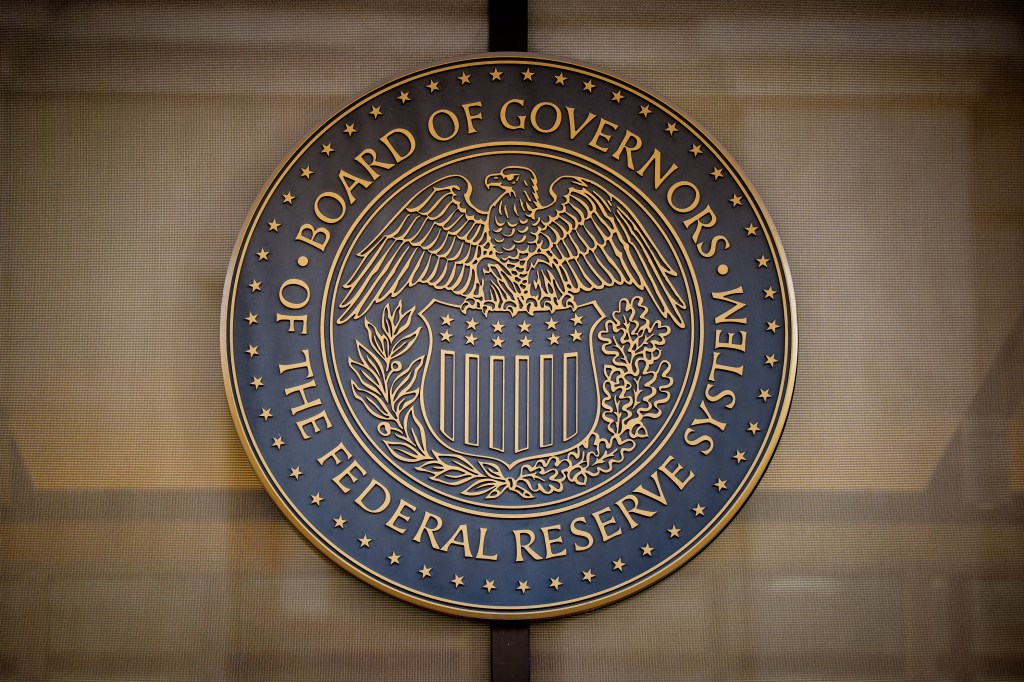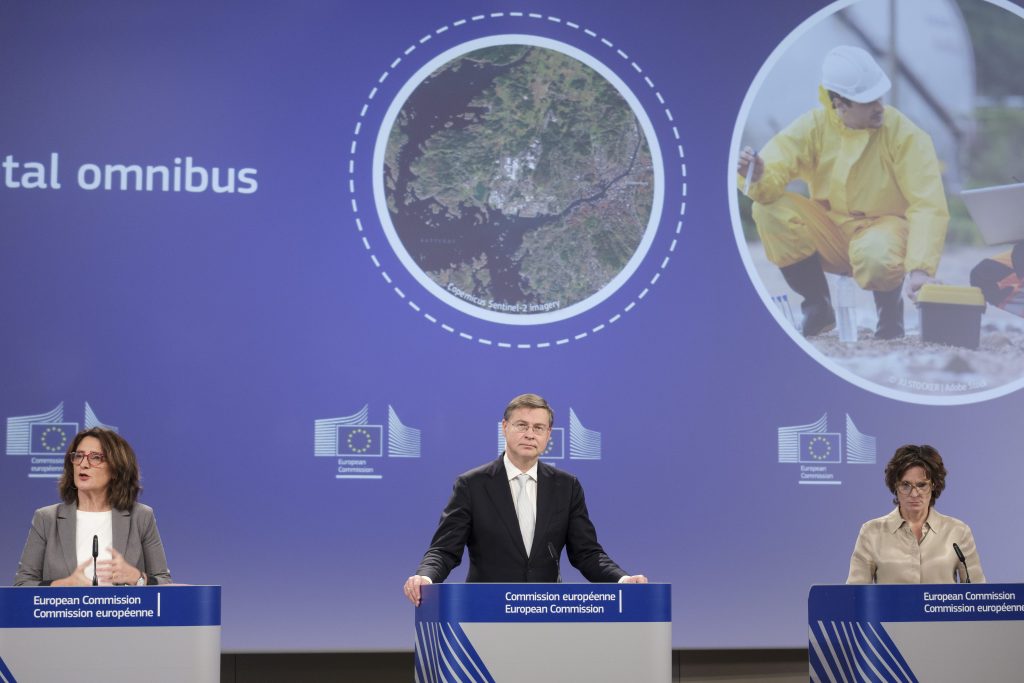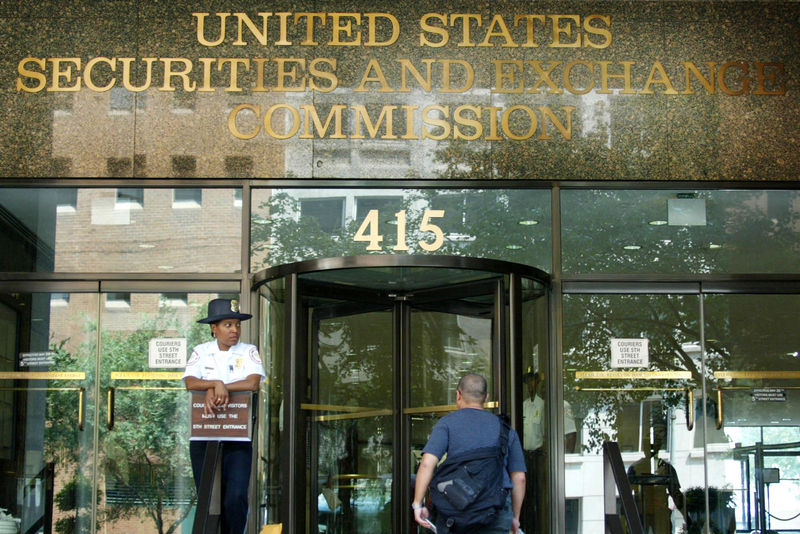From our experience supporting clients, one of the most important but overlooked factors of success is building and maintaining a strong culture of compliance across the organization. The annual review is an important milestone to set the right tone and ingrain the right practices, allowing everyone across the firm to
Register for free to keep reading
To continue reading this article and unlock full access to GRIP, register now. You’ll enjoy free access to all content until our subscription service launches in early 2026.
- Unlimited access to industry insights
- Stay on top of key rules and regulatory changes with our Rules Navigator
- Ad-free experience with no distractions
- Regular podcasts from trusted external experts
- Fresh compliance and regulatory content every day

















